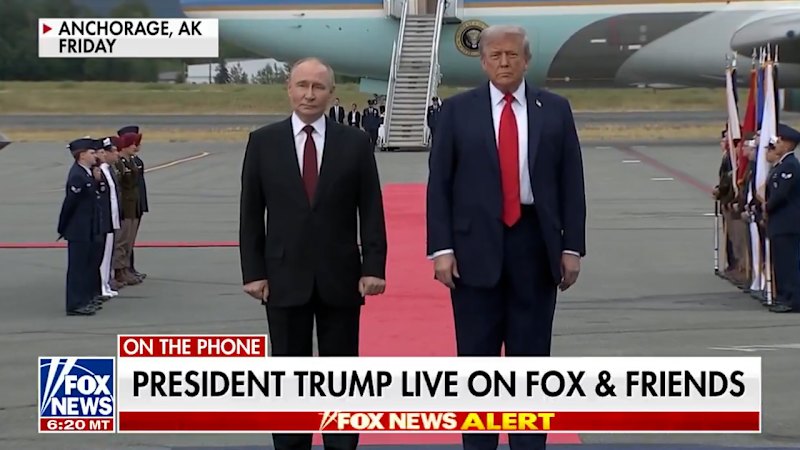
Donald Trump, the current President of the United States, recently articulated his aspirations for a peace agreement in Ukraine during an interview with Fox News. Emphasizing his desire to “get to heaven,” Trump framed the resolution of the ongoing conflict as a crucial step toward achieving a significant legacy. His comments shed light on the motivations driving his diplomatic approach as he prepares for the upcoming 2024 presidential election.
Trump’s remarks come at a critical time, as the conflict in Ukraine, which began in February 2022, continues to escalate. The war has not only resulted in a humanitarian crisis but has also impacted global markets and security dynamics. During the interview, Trump conveyed his belief that achieving peace in Ukraine would stand as a defining accomplishment in his presidency.
Political Context for Trump’s Statements
In recent months, the Biden administration has faced challenges in addressing the complexities of the Ukraine situation, particularly with ongoing military support from the US and NATO allies. Trump’s statement reflects a clear divergence from the current administration’s strategy. His focus on peace negotiations resonates with a segment of the electorate that seeks a shift in foreign policy priorities.
“I want to try and get to heaven,” Trump explained, implying that his aspirations for peace are rooted in a personal and moral conviction. This sentiment may appeal to voters who prioritize humanitarian efforts and diplomatic resolutions over military actions.
While Trump’s approach to foreign policy has often been characterized by a transactional nature, his latest comments suggest a pivot towards a more traditional diplomatic narrative. As he seeks to galvanize support for his potential candidacy, positioning himself as a peacemaker may enhance his appeal among voters disillusioned with the current state of international relations.
Public Reception and Future Implications
The reaction to Trump’s statements has been mixed. Supporters see his commitment to peace as a positive development, while critics argue that his previous administration’s policies may have contributed to the current tensions. Observers note that Trump’s approach could influence the Republican primaries, as candidates are likely to respond to his stance on Ukraine.
As the situation in Ukraine remains fluid, Trump’s declarations may reflect broader trends in voter sentiment regarding foreign policy. His emphasis on peace could resonate with those who prioritize stability and humanitarian considerations in international relations.
Looking ahead, Trump’s statements on Ukraine are likely to shape the discourse as the 2024 election approaches. With the conflict continuing to evolve, his ability to articulate a coherent and compelling vision for peace may play a pivotal role in his political future.
In summary, Trump’s desire for a peaceful resolution in Ukraine not only underscores his political ambitions but also highlights the complexities of contemporary foreign policy. As he navigates these challenges, his statements will undoubtedly continue to attract attention and provoke discussion in the lead-up to the election.






